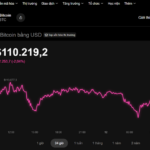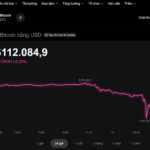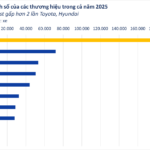Strengthening Anti-Money Laundering Efforts in the Banking Sector
In his opening remarks, Deputy Governor of the State Bank of Vietnam, Nguyen Ngoc Canh, emphasized the significance of the seminar as the Vietnamese government continues to intensify its efforts in combating money laundering, terrorist financing, and the proliferation of weapons of mass destruction. Amidst a volatile geopolitical landscape and dynamic international financial markets, coupled with Vietnam’s increasingly open economy, the need to enhance the identification and management of risks related to these issues has become more urgent than ever.
Furthermore, refining the legal framework for anti-money laundering, counter-terrorist financing, and counter-proliferation financing will significantly contribute to the implementation of the National Action Plan on these matters, as committed by the government to the Financial Action Task Force (FATF).
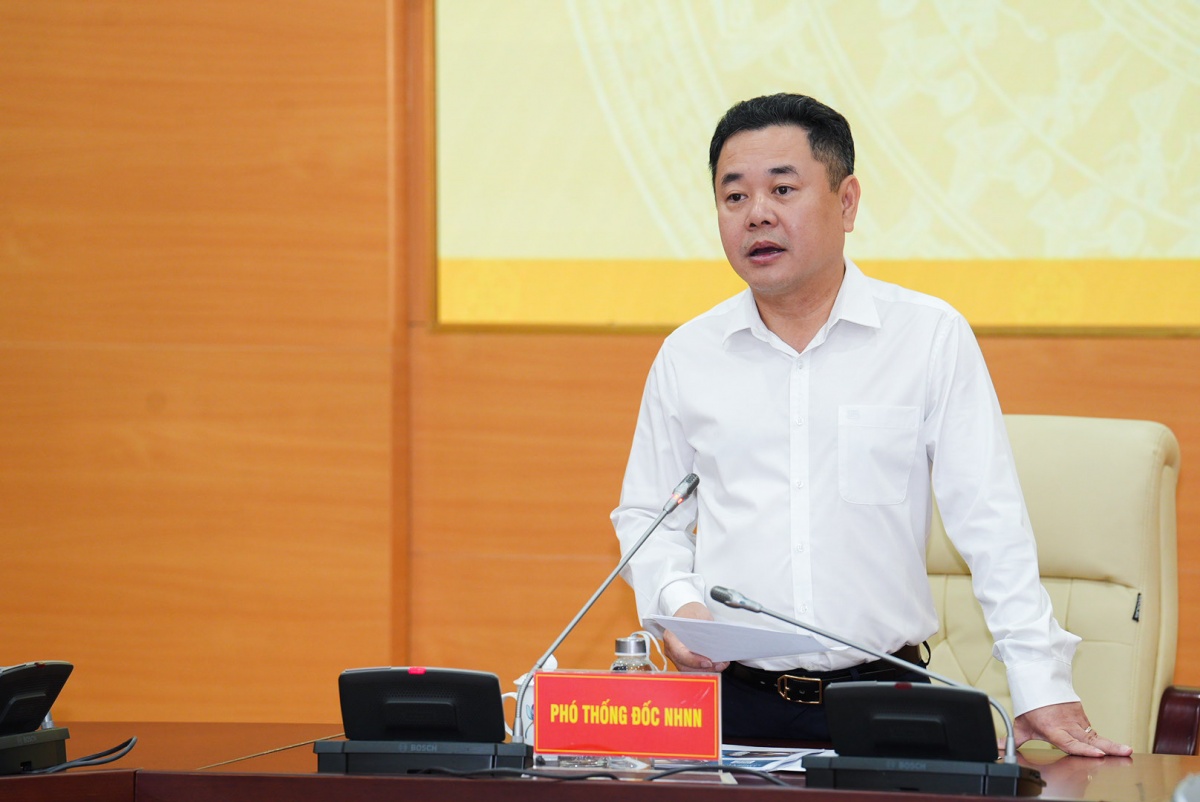
Deputy Governor Nguyen Ngoc Canh delivers the opening speech at the seminar.
Deputy Governor Nguyen Ngoc Canh revealed that during the recent meeting of the National Steering Committee on Anti-Money Laundering, Counter-Terrorist Financing, and Counter-Proliferation Financing held on October 15th, Deputy Prime Minister Ho Duc Phoc, Head of the Steering Committee, instructed the State Bank of Vietnam, as the committee’s standing agency, to strengthen coordination with relevant ministries and sectors in implementing three strategic action groups. Among these, perfecting the legal framework stands as a cornerstone.
The Deputy Prime Minister also urged media agencies to enhance information dissemination and awareness campaigns regarding the risks associated with money laundering, terrorist financing, and proliferation financing, as well as the legal framework in this domain. This aims to ensure that businesses and citizens comprehend, fully understand, and fulfill their obligations in recognizing and preventing these risks.
“This seminar marks the implementation of Action 1 and Action 7 within the National Action Plan, demonstrating that competent authorities have heightened their understanding of money laundering and terrorist financing risks. They are actively taking measures to mitigate these risks through strategic policies and guidelines, while also guiding the private sector in risk identification and compliance with anti-money laundering, counter-terrorist financing, and counter-proliferation financing obligations,” Deputy Governor Nguyen Ngoc Canh stressed.
Perfecting the Legal Framework for Anti-Money Laundering
On September 15, 2025, the Governor of the State Bank of Vietnam issued Circular No. 27/2025/TT-NHNN, replacing Circular No. 09/2023/TT-NHNN, effective from November 1, 2025, with a transition period until December 31, 2025. This circular is considered a crucial step in implementing Action 5 of the National Action Plan on anti-money laundering, as committed by Vietnam to the FATF.
According to Ms. Nguyen Thi Minh Tho, Deputy Director of the Anti-Money Laundering Department (State Bank of Vietnam), the amendments in the circular include: Criteria and methods for assessing money laundering risks by reporting entities; Risk management procedures for money laundering and customer classification based on money laundering risk levels; Internal regulations on anti-money laundering; Reporting regime for large-value transactions; Reporting regime for suspicious transactions; Electronic money transfers; Reporting regime for electronic money transfers; Format and deadline for electronic data reporting; Amendments and supplements to appendices on risk assessment report templates for organizations and suspicious transaction report templates.
“Circular 27 also underscores the risk-based management principle, requiring organizations to regularly update and assess money laundering risks, establish customer identification and verification procedures, including for customers without accounts or with minimal transactions. Reporting entities must continuously monitor business relationships to ensure transactions align with legitimate funds and customer identification profiles,” Ms. Nguyen Thi Minh Tho noted.
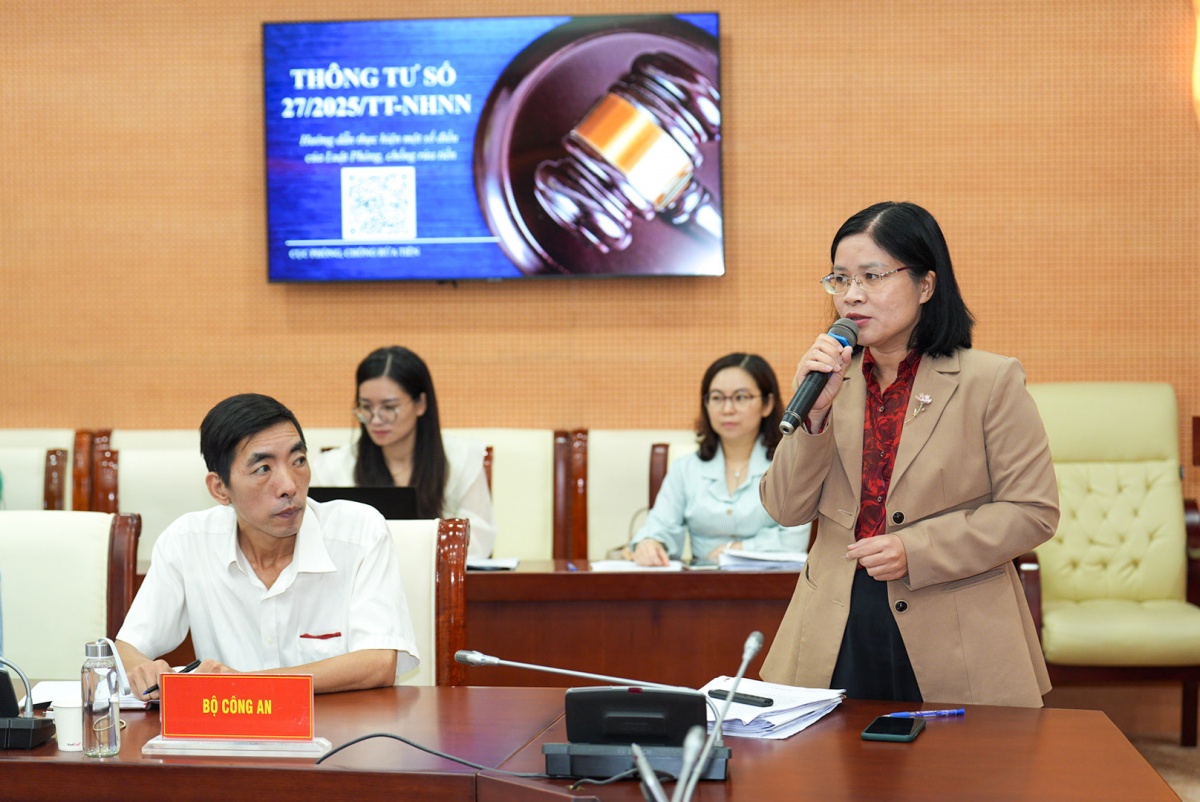
Ms. Nguyen Thi Minh Tho, Deputy Director of the Anti-Money Laundering Department, shares insights on Circular 27 at the seminar.
In addition to discussions surrounding Circular No. 27, the seminar also introduced content related to anti-money laundering efforts in the Law on Digital Technology Industry and Resolution No. 05/2025/NQ-CP on the pilot implementation of the cryptocurrency market in Vietnam.
On September 9, 2025, the government issued Resolution No. 05/2025/NQ-CP on the pilot implementation of the cryptocurrency market in Vietnam, providing a legal framework for the trial phase. During this period, strict adherence to anti-money laundering regulations is essential to ensure the safety and sustainable development of the national financial and economic system.
Updates on the national risk assessment for money laundering and terrorist financing revealed that, in line with Article 7 of the 2022 Anti-Money Laundering Law and in preparation for the Mutual Evaluation by the Asia/Pacific Group on Money Laundering (APG) in 2027-2028, Vietnam is currently conducting a national risk assessment for money laundering and terrorist financing for the 2023-2027 period.
The seminar also presented legal provisions and international standards of the Financial Action Task Force (FATF) related to national risk assessments. Representatives from the Ministry of Public Security and the State Bank of Vietnam shared updates on the national risk assessment for money laundering and terrorist financing for the 2023-2025 period and outlined plans for the 2023-2027 assessment.
Today’s Crypto Market (Oct 12): The Shockwave Continues
The cryptocurrency market is still reeling from a historic crash that liquidated over $20 billion across exchanges, leaving it struggling to recover.



